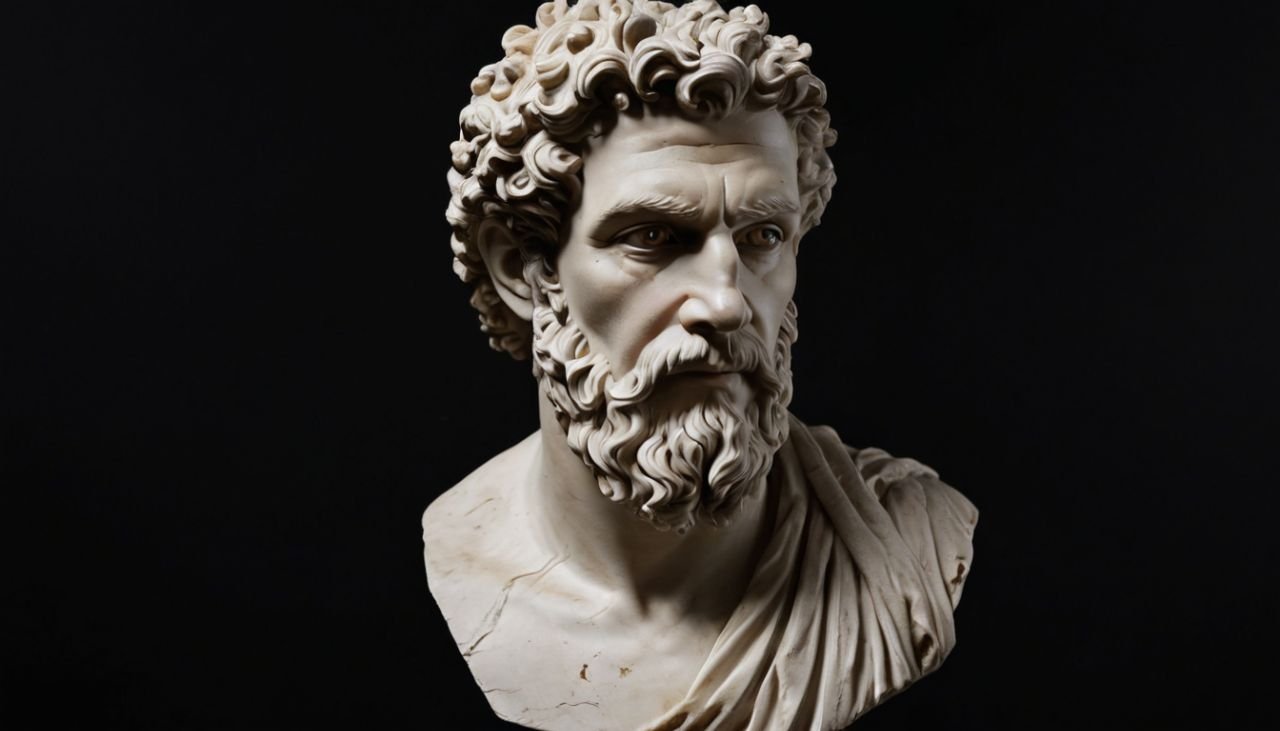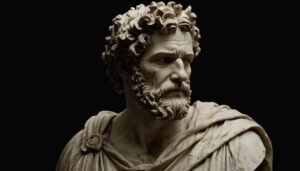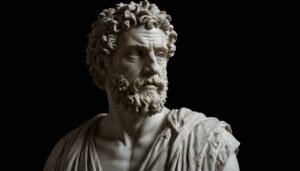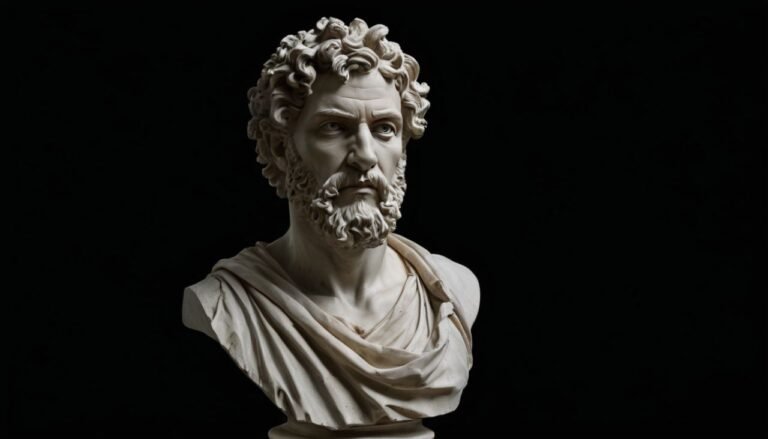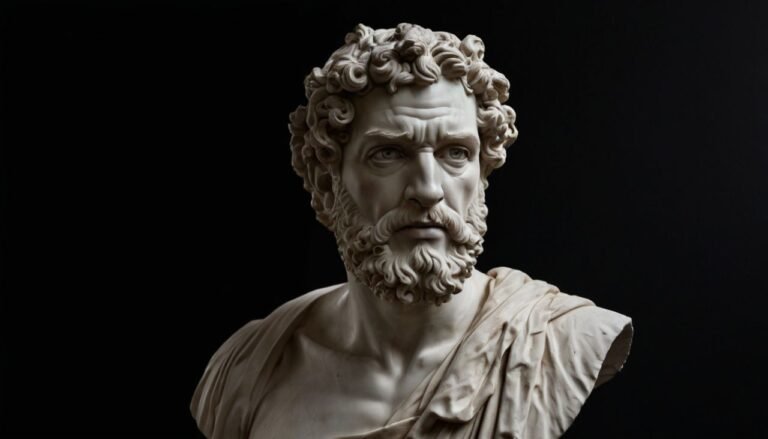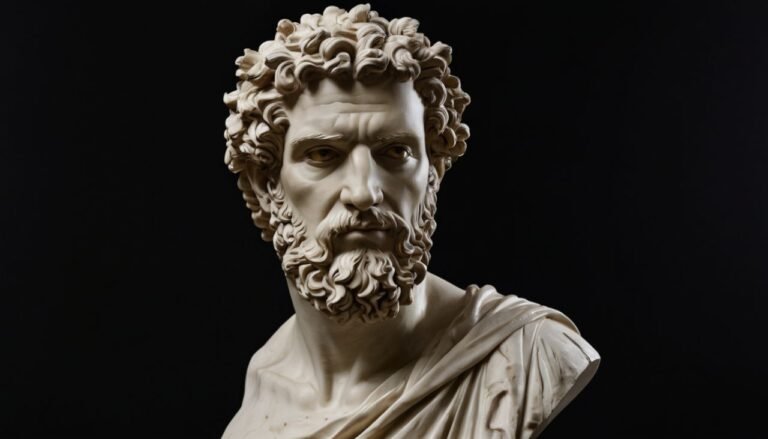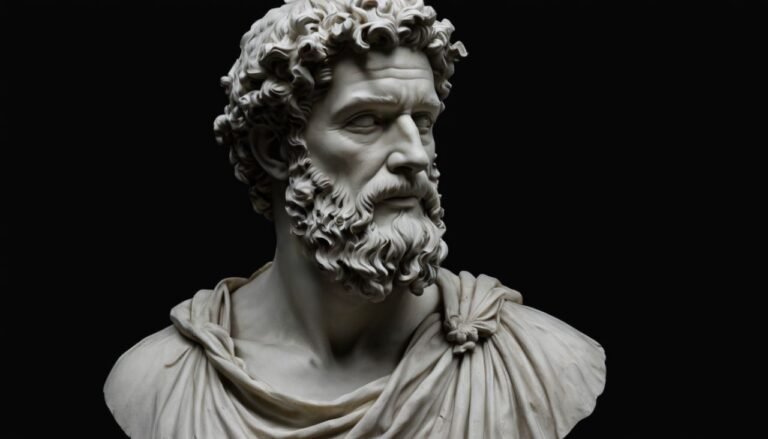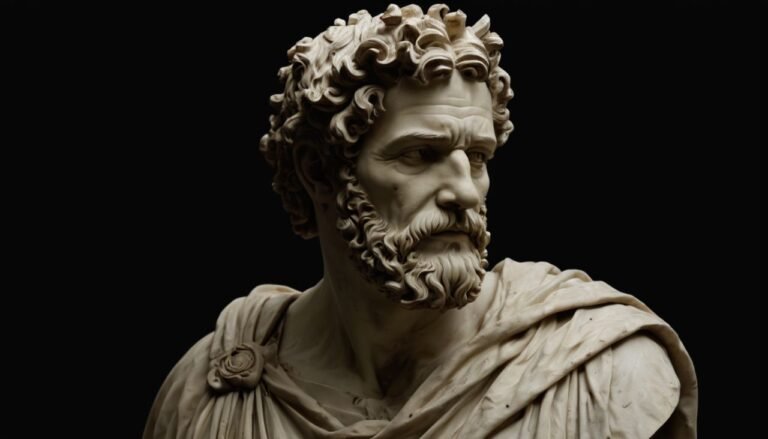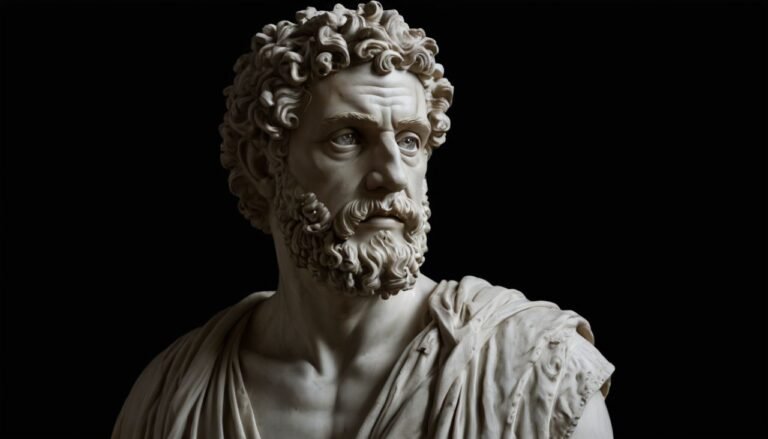Aristotle, born in 384 BC in Stagira, a small town in northern Greece, is one of the most influential philosophers in history. His work has profoundly shaped Western thought and continues to be a cornerstone of various fields of study, including philosophy, science, and politics.
Early Life and Education
Aristotle’s father, Nicomachus, was the court physician to the Macedonian king Amyntas II. This connection likely provided Aristotle with the opportunity for a privileged education. At the age of 17, he moved to Athens to study at Plato’s Academy, where he remained for about 20 years. Although he was Plato’s student, Aristotle’s ideas often differed from those of his mentor.
Contributions to Philosophy
Aristotle wrote extensively on a wide range of topics, including metaphysics, ethics, politics, logic, and natural sciences. Here are some of his most significant contributions:
Metaphysics
Aristotle’s Metaphysics explores the nature of reality, substance, and existence. He introduced the concept of “substance” as something that exists independently and can undergo change while maintaining its identity. His idea of potentiality and actuality describes how objects transition from a state of potential to actual existence.
Ethics
In Nicomachean Ethics, Aristotle examines what it means to live a good life. He introduces the concept of “eudaimonia,” often translated as “happiness” or “flourishing,” which he argues is the highest human good. According to Aristotle, achieving eudaimonia involves practicing virtues like courage, temperance, and wisdom in balance.
Politics
Aristotle’s Politics analyzes various forms of government and their strengths and weaknesses. He advocates for a mixed government that combines elements of democracy and oligarchy. Aristotle believed that the best political community is one in which citizens actively participate in governance and pursue the common good.
Logic
Aristotle is often credited with founding formal logic. His work Organon outlines principles of deductive reasoning, including syllogisms—a form of argument in which a conclusion is drawn from two premises. For example:
All men are mortal.
Socrates is a man.
Therefore, Socrates is mortal.
Natural Sciences
Aristotle made substantial contributions to biology, physics, and astronomy. He conducted empirical observations and classified various organisms based on their characteristics. Although some of his scientific theories were later disproven, his method of systematic observation laid the groundwork for future scientific inquiry.
Influence and Legacy
Aristotle’s works have had a lasting impact on numerous disciplines. During the Middle Ages, his writings were translated into Arabic and Latin, becoming central texts in both Islamic and Christian intellectual traditions. The rediscovery of Aristotle’s works during the Renaissance further cemented his influence on Western thought.
In modern times, Aristotle’s ideas continue to be studied and debated. His ethical theories are foundational to virtue ethics, his political philosophy informs contemporary discussions on governance, and his logical principles underpin much of modern analytical philosophy.
Conclusion
Aristotle’s contributions to philosophy and science are vast and enduring. His commitment to systematic inquiry and empirical observation set new standards for intellectual rigor. As we continue to explore the complexities of human existence and the natural world, Aristotle’s work remains a vital source of insight and inspiration.

